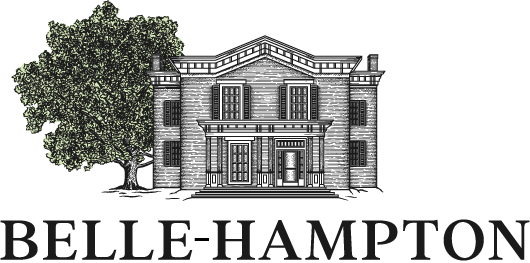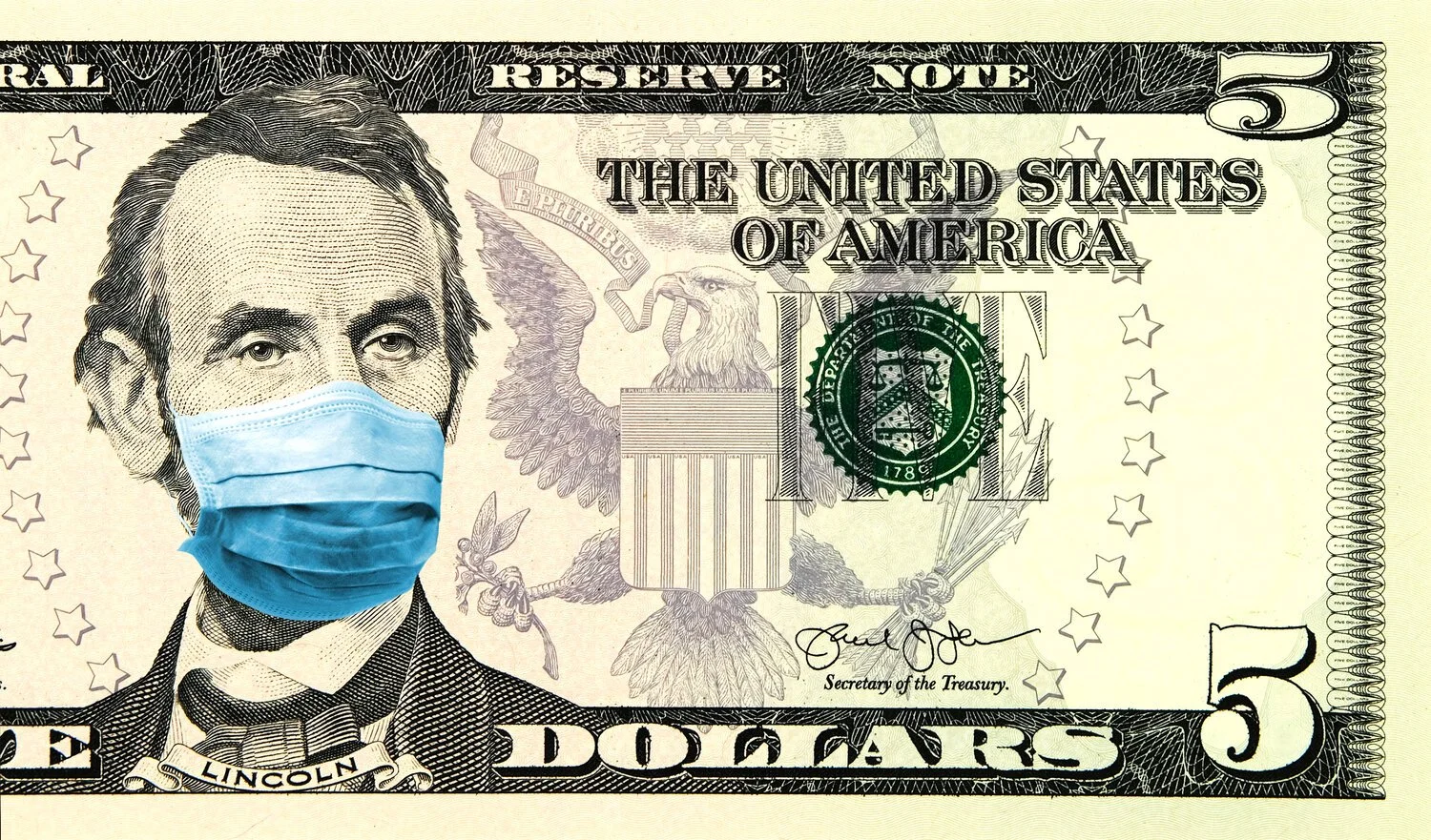Contingency Planning for a Pandemic
You didn’t plan for a pandemic? Wasn’t the last pandemic the Spanish flu in 1918, almost one hundred years ago? Actually that is not true; the Zika virus was more recent and still present today. Most of us remember the Swine Flu from 2010 or the Ebola outbreak. This one, however, is tanking the economy and forcing the governments to issue “stay-at-home” orders globally. But epidemics are not something new. There is even a prehistoric case from 5000 years ago. Archaeologists found remains of bodies stuffed in a house which was burned. A virus that spread so quickly they did not have time for a more appropriate burial. So why didn’t your family or business have a contingency plan for something that actually happens quite frequently? No, not a pandemic, a crisis.
The dictionary definition of crisis is, “a time of intense difficulty, trouble or danger”. During a crisis it is important to do a sequence of decisions that are both urgent and important. As an example, think about the emergency plans you already know. When there is an active shooter the sequence of events are Run-Hide-Fight. During a panic attack the steps are 5-2-5; inhale for five seconds, hold your breathe for two seconds and exhale for five seconds. If you are on fire the process is Stop-Drop-Roll. When the disaster occurs, clear thinking is generally difficult so a procedure needs to be already in place. But who would have a plan for a pandemic?
Some humorous twists come to mind such as Stop (going out)-Drop (on your couch)-Roll (up a scarf over your mouth) or another might be, Run (from people)-Hide (in your house)-Fight (off the fever). But seriously, we are talking about a PROCESS to follow in a catastrophe which would apply across various Black Swan events. First, have a set crisis team who assimilates the information, takes decisive action and reinforces the chain of command in case there is a “key” person down. Sounds pretty straight forward in business planning, but what about a family who may or may not also be a business?
My mother had what she referred to as “The Book”. Inside the binder which she updated once a year, she had the process to follow when something happened to her. Her “team” consisted of the co-executors of her estate, myself and my sister.. To help us assimilate the information, she had all the details compiled to handle her affairs. Names, numbers, accounts and more where neatly typed and organized. This would be the second step in the process, identify the stakeholders. In an organization the stakeholders are your Customers, Employees, Investors, Suppliers, Communities, Governments. In a family it would be Family Council, Wealth Advisors, Accountants, Lawyers, Insurance, Bankers and of course Family and Friends. If you haven’t done so already, identify your stakeholders and how are they should be contacted in an emergency.
It is also important to build trust with your stakeholders. To build trust you must demonstrate your expertise, show your commitment, communicate with transparency and empathy. Refer to your core values as your guide. In our family we have identified our core values as Family, Integrity, Perseverance and Knowledge. How do we demonstrate those values? Take for example the value Integrity. Our family defined it as, “We live by the golden rule, never compromising the truth. We communicate openly and our actions are consistent with our words.” The anti-value would be, good intentions corrupted by selfishness, dishonesty and arrogance.” So the idea of hoarding during a pandemic would be considered selfish as would unnecessary travel which would spread the virus. We are practicing being good citizens by following the government advised practice to stay at home. If we didn’t “do as I say” and reflect our core values, trust would be sacrificed and difficult to repair.
A classic business examples of building trust during a tragedy was the Tylenol tampering scare. Back in 1982 a twelve year old girl died of poisoning after taking a Tylenol laced with highly poisonous potassium cyanide. Several other people in the Chicago area tragically died as well with the common link of taking Tylenol. This immediately sent a panic through the community. Taking on the crisis proactively, Tylenol had a massive recall and worked with the media on warning the public of the dangers. To build back the trust, they developed what is now industry standard in tamper proof packaging. After almost 40 years, Tylenol is now the recommended product during the COVID-19 flu. Now, as a trusted business, their availability on the grocery store shelves are almost as elusive as toilet paper since it is in such high demand.
So you see, the communication method needs to be done promptly and effectively. Using social media would not be the best venue for informing family and friends of someone’s passing, but could be used as a central source of information. A private family group could be set up for posting memories, announcing arrangements and discussing tasks needed to be completed. For a business in a crisis, normal marketing needs to stop. An example during this pandemic is Kentucky Fried Chicken stopping its “Finger Linking Good” commercials. Timing is critical.
For me, the timing of this blog takes me back five years to this day. My mom suddenly passed away and when she was pronounced dead, I was on the phone with the person who found her. I was part of the crisis team and their first call. I swore after 9/11 that I never wanted the phone call from a loved one as they were going to die. Although she probably died the night before, listening to the pronouncement of her death seemed like an out of body experience. I didn’t want that call, my mind was in a fog, but the crisis team, aka, myself and my sister went into action. To be fair, it was my sister who had prior discussions with my mother discussing the inevitable. She was calm and put the process into action. According to the author Andy Andrews, you are either entering a crisis or emerging from on. My question is, what is your plan? Are you prepared for the next pandemic? If your head is in a fog, a set plan is crucial. and remember crisis is unavoidable.

